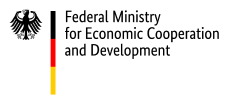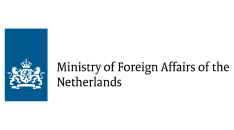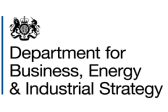Introduction
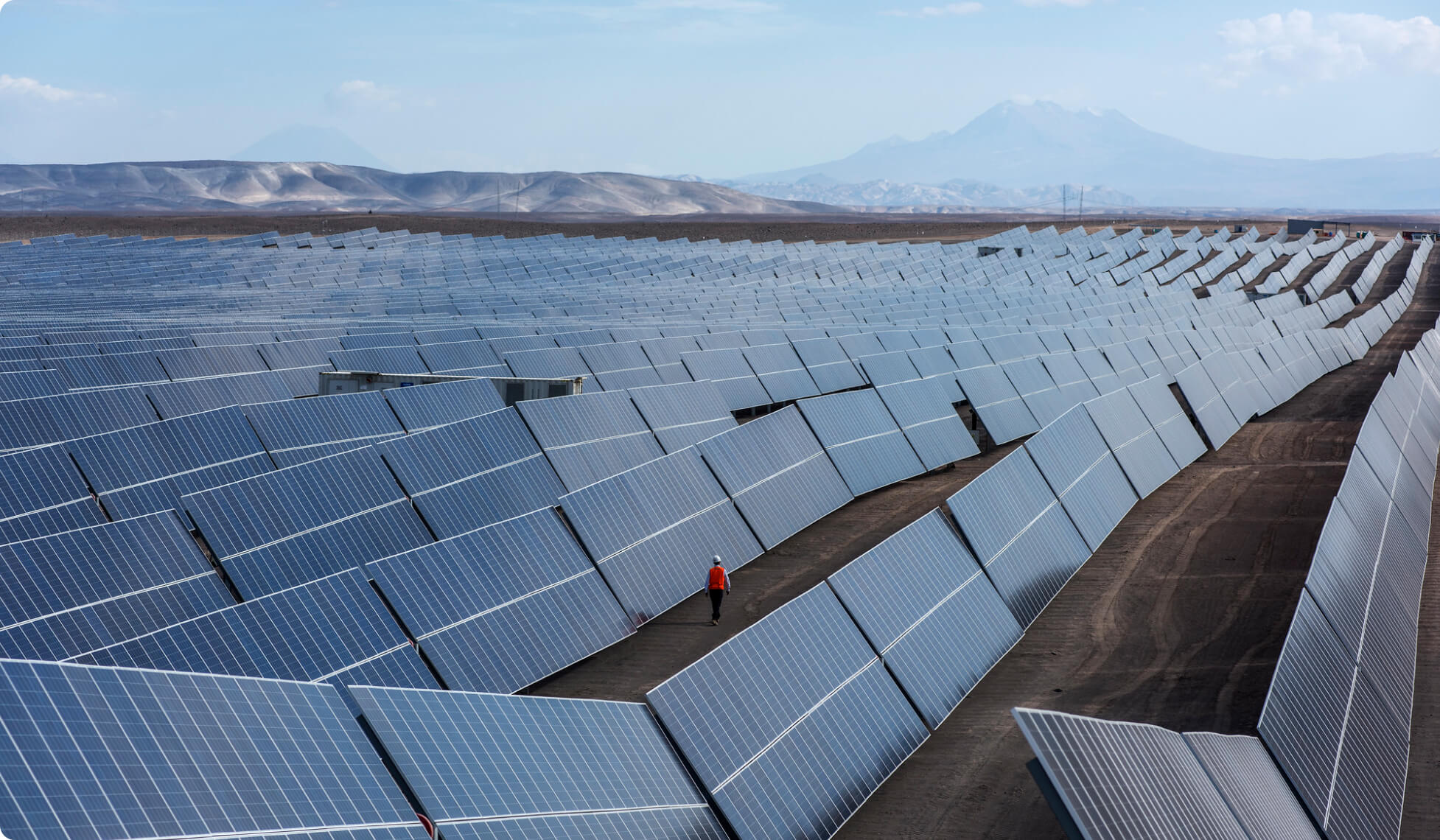
Executive Summary
Over the last 18 months or so, the world has experienced a singularly challenging time in which normal everyday life has been uprooted and drastically altered for most people on the planet. The COVID-19 pandemic has made NDC enhancement and implementation more challenging. It has resulted in reduced climate-related spending globally and created additional barriers to climate finance access for developing countries. Nevertheless, NDC implementation and enhancement is progressing, driven by members through the NDC Partnership, as delineated in this report. The Partnership has included Covid-19 impacts in its assessments and response measures and has built it into its investment plan advisory services. Given that the end of the first five-year NDC cycle happened during the pandemic, it is a testament to the strength of the Partnership, and particularly that of its member countries, that so many were able to revise and enhance their NDCs.
Strengthening NDCs and their implementation around the world
Since its inception, members have worked through the NDC Partnership to support countries’ efforts to drive climate action and ambitions. As of September 2021, the Partnership is working in nearly 80 countries and with more than 120 partners delivering support. The Partnership works directly with decision-makers in government, most often in countries’ ministries of environment, finance and planning. This whole-of-government approach aims to systematically align climate action with economic development and planning.
This year marks the first of the NDC Partnership’s 2021-2025 Work Program, designed in line with the Paris Agreement’s five-year NDC submission and revision cycle. This new Work Program builds on the successes of the past five years while aiming to increase mobilization of technical assistance and finance for NDC implementation.
In 2021, the NDC Partnership welcomed Jamaica and the United Kingdom as new co-chairs. Our members are committed to do more to support countries in implementing and enhancing their NDCs. They will do this primarily by mobilizing their own financial and technical resources, but the newly-launched Partnership Action Fund (PAF) will also provide flexible support to members where needed.
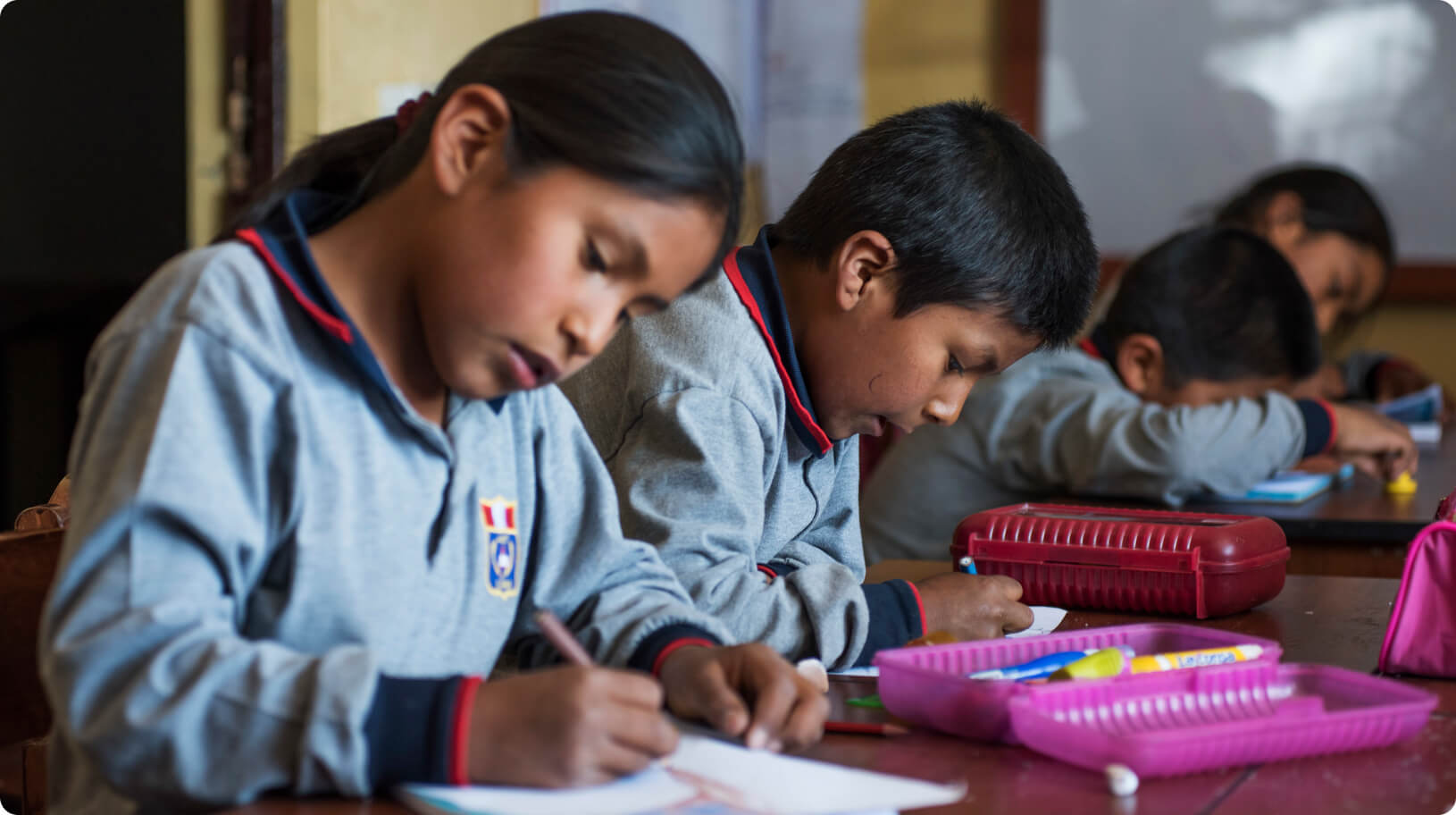
Collaboratively Enhancing Climate Ambition
One of the highest priorities of the Partnership over the past year has been to support countries in their efforts to enhance their NDCs. Through our Climate Action Enhancement Package (CAEP), the Partnership supported 67 developing countries to develop new or updated NDCs through the activities of 46 partners. As of September 2021, 41 of these countries have submitted new or updated NDCs with nearly all CAEP-supported countries expected to come forward prior to COP26. With CAEP support, countries have strengthened the quality and underlying process of their NDCs, making them more realistic, transparent, and implementable, with buy-in from relevant stakeholders, and clear understanding of the costs and co-benefits. This has enabled higher ambition in both mitigation and adaptation action. For example, Cambodia , whose Environment Minister cited CAEP as an essential tool in helping the country bolster its climate goals, identified 119 new mitigation and adaptation actions across all sectors of the economy, taking a comprehensive, whole-of-government approach to Cambodia’s NDC implementation. Nigeria’s updated NDC results in far fewer absolute emissions than were previously submitted in the 2015 NDC—more ambitious as a percentage, consistent with the 1.5°C pathway, and peaking emissions by the decade’s end.
Facilitating Access to Climate Finance
Successful support to countries to revise, enhance, and implement their NDCs, only leads to impact if countries have access to and deploy finance at greater scale. To this end, the Partnership has been actively supporting countries to develop robust national investment strategies, integrate NDCs into national budgets, engage with the private sector, and mobilize financing for projects and programs.
Burkina Faso, for example, has developed a comprehensive NDC investment plan with support from the Partnership. The plan devises ways to channel funding into low-carbon development and prioritizes projects by greenhouse gas reduction potential. Coupled with the development of a strong transparent MRV system, the country is opening doors to climate finance access and is seeking to generate carbon credits to finance further low-carbon initiatives.
Rwanda has also dedicated considerable energy and political capital to climate finance. With support from the members across the NDC Partnership, Rwanda has strengthened key climate finance mechanisms, including a Green Investment Facility and a Green Leasing Facility, to bolster green private sector initiatives and develop investment-ready bankable projects. In all, eleven Partnership members have helped raise over 20 million USD to strengthen Rwanda’s climate agenda.
Supporting more holistic and inclusive climate action
Lasting climate action cannot be fully realized without engaging all of society as a whole; gender inclusion and youth engagement are central to this effort. In developing countries in particular, women and young people are essential to converting climate policy into action on the ground.
The Partnership is implementing a gender strategy to support countries’ efforts to mainstream gender equality into their NDC plans. As with all the NDC Partnership’s work, this is country-driven and responds to the needs identified and requested by each specific country. Requests from countries for gender technical assistance from the Partnership have increased considerably, reaching well over 150 requests by the summer of 2021 since the launch of the strategy a year and a half earlier.
The Partnership is advancing the Youth Engagement Plan established in 2020, to engage young people in NDC action through four actions areas: designing youth-inclusive NDC processes; supporting youth-led NDC implementation projects; strengthening capacity building for young people on climate change, and supporting youth participation in global NDC Partnership activities. The first Youth Engagement Forum took place in July 2021, bringing together youth constituencies, NDC Partnership members, and new networks of non-member partners.
The Partnership is strengthening national capacity and facilitating whole-of-government engagement in climate action through the deployment of in-country facilitators. These facilitators, embedded within government Ministries, play a crucial role in driving the Partnership’s work on the ground. Through the establishment of a facilitator network, lessons learned, and best practices are being shared regularly across countries.
Building on past success to face new challenges
The country-led engagement process that underlies the NDC Partnership’s methodology, strengthened by the diverse set of partners who can respond to the requests of member countries and support the design and implementation of climate action plans, is driving NDC implementation and realization worldwide. Through knowledge exchange and virtual convenings, members learn from both successes and failures and draw on successful initiatives and policies that can be adapted to the circumstances of any given country.
There are significant challenges ahead: preventing a global temperature rise of more than 1.5°C by 2100 requires an increasingly difficult path forward. The Partnership is well positioned to support countries in this effort. Our model of country-led engagement is effective and adaptable. Built into the model is encouraging and enhancing ambition. Therefore, when countries seek to increase their ambition and double-down on climate action, the increased resources committed by our members, delivered through the coordinated approach of the Partnership is more than able to meet their ambitions with effective tools and processes to support and strengthen its climate goals.
Foreword by Patricia Espinosa, Executive Secretary, United Nations Framework Convention on Climate Change

This year’s Working Group I report from the IPCC is unequivocal: recent changes in the climate are widespread, rapid, and intensifying. These changes are already impacting every region on Earth, both on land and in the oceans. The report showed that unless there are rapid, sustained, and large-scale reductions of greenhouse gas emissions—including CO2, methane, and others—the goal of limiting global warming to 1.5°C will be beyond reach.
That is why it is crucial, especially following a year-long delay, that global leaders come together at COP26 in Glasgow and make the bold, courageous, and urgent decisions necessary to get the world on track with respect to the 1.5°C climate goal under the Paris Agreement.
The NDCs Synthesis Report published ahead of COP26 shows that the greenhouse gas numbers of all 191 parties that have submitted NDCs are moving in the wrong direction. The findings point to a considerable global increase of nearly 16 percent in global emissions in 2030 compared to 2010. The good news is that the new and updated climate action plans submitted by 131 parties project an emissions decrease of 12 percent by 2030. It is clear that improvements in quality, scope, and ambition for this batch of new and updated NDCs are paying off.
We must now build on the resolve of countries ready to move forward with more climate action. The NDC Partnership is a vital platform to empower and support countries to act at speed and scale. The Partnership has also been crucial in creating pathways for countries to increase their ambition. Through innovative and powerful initiatives, like the Climate Action Enhancement Package (CAEP), Economic Advisory Initiative, Green Recovery Network, and the newly-launched Partnership Action Fund (PAF), the NDC Partnership is facilitating financial support, knowledge, and other resources to help countries not just take action to achieve their goals, but to think bigger about what is possible.
I commend the work of the Partnership. We have a narrow window of opportunity to bring about transformational change. Together, we can and must achieve more!
Foreword by the NDC Partnership Co-Chairs
Minister Pearnel Charles Jr., Jamaica & Rt Hon Alok Sharma MP, COP President Designate

In December 2020, we had the honor of taking over as Co-Chairs of the NDC Partnership, following the outstanding leadership provided by the Governments of Costa Rica and the Netherlands. The last year has been an extraordinarily challenging one – the COVID-19 pandemic has had devastating impacts on human health and economic activity.
Despite the challenges, the Partnership has been instrumental in empowering many countries to make significant progress on their climate action. We have mobilized support for at least 80 countries to implement and update their NDCs. We brought together 120 different partners, from UN agencies and multilateral development banks to bilateral donors and NGOs, to align their activities through shared plans based on requests by countries. By working with ministries of finance and planning as well as environment, the Partnership ensures that support drives both climate action—mitigation as well as adaptation—and sustainable development priorities.
Remarkably, although COP26 has been delayed for a year and we were all facing the challenges of the COVID-19 pandemic, many countries have still managed to present new and updated NDCs. Some of these NDCs include more ambitious emission reduction goals, stronger measures to protect against climate impacts and deeper analytical underpinnings that make the actions presented more credible.
The Partnership reacted quickly to support countries to “build back better” through the Partnerships’ economic advisory initiative which helped countries put NDCs at the heart of their COVID recovery. To adapt to the new challenges created by the pandemic, the Partnership is also providing support to countries to align their climate action with economic recovery. Through our members we have deployed more than 50 economic and technical advisers to ministries of finance and planning in 35 countries, as well as providing expert support and space for peer learning among those using economic recovery to drive more sustainable development.
This report shares some of the most important impacts of the Partnership’s work as it facilitates cooperation and support. Successes include driving mitigation and adaptation action, raising NDC ambition, mobilizing finance, supporting green recovery, driving gender equality, and much more. In the most challenging of circumstances, these are even more significant achievements but more is still needed to increase ambition, and to align 2030 targets with countries’ respective long-term visions.
The most recent IPCC report, published earlier this year, showed that the temperature goal of the Paris Agreement is still within reach – but only just. Without immediate action to enhance and deliver these targets, it is likely that we will reach more than 1.5°C of warming above pre-industrial levels within the next two decades, according to the Intergovernmental Panel on Climate Change (IPCC). The next decade is crucial – our collective actions over the next ten years will determine the options we leave for our world and our children, with implications for generations to come.
We expect countries to put forward more ambitious action as soon as possible ahead of COP26. Alongside this, we need to see support—particularly finance—flow at greater scale and with greater impact. Confidence that countries will receive appropriate levels of support for mitigation and adaptation helps enable them to raise ambition.
The Partnership’s role in achieving this goal is vital. For developing countries, it mobilizes support quickly and effectively, driven by country needs for both climate action and sustainable development priorities. For development partners and implementing partners, it provides a transparent shared platform for cooperation, reducing duplication, and ensuring partners provide support where they add most value.
This year we launched a new Work Program for 2021-2025 which aligns our work with the 5-year cycle of the Paris Agreement. This will allow us to support the need for ever-increasing ambition. It aims to improve access to finance to all countries, grow our engagement with major emerging economies, extend our collaboration to an even wider array of partners, and empower countries to mobilize finance at a much greater scale.
As Co-Chairs we see COP26 as a moment for us to turn political ambition into concrete action. The NDC Partnership is central to making this happen.

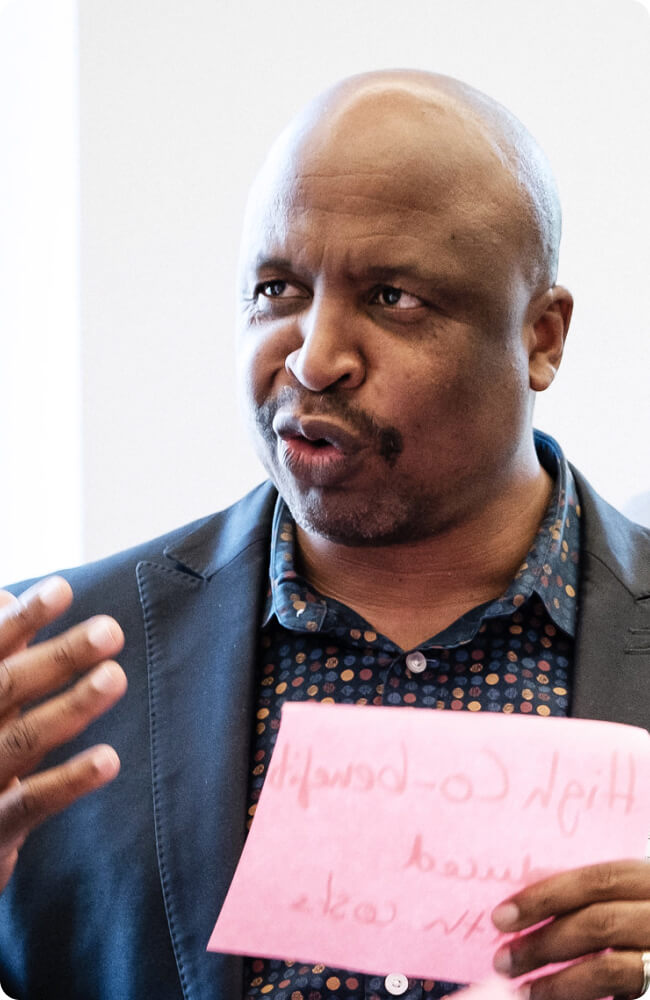
How the Partnership Works
The NDC Partnership brings a diverse set of partners together to achieve concrete results. In our on-the-ground work in developing countries, we use a flexible, country-led engagement process to design and implement national climate and development action plans.
Read more
